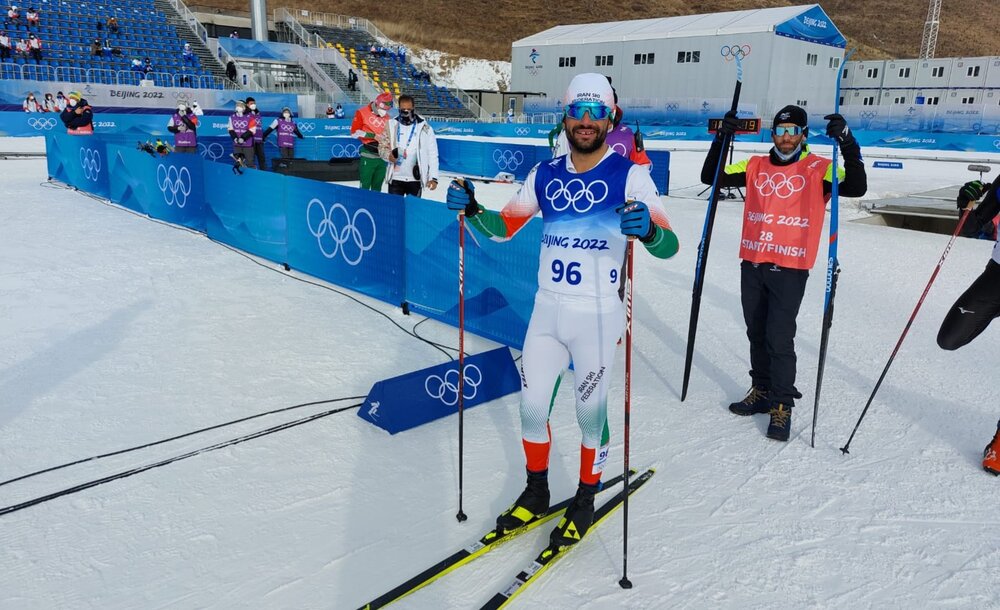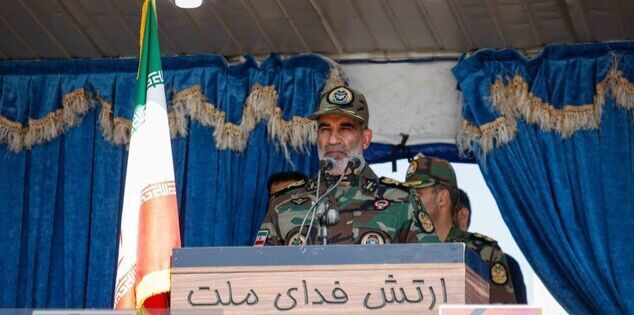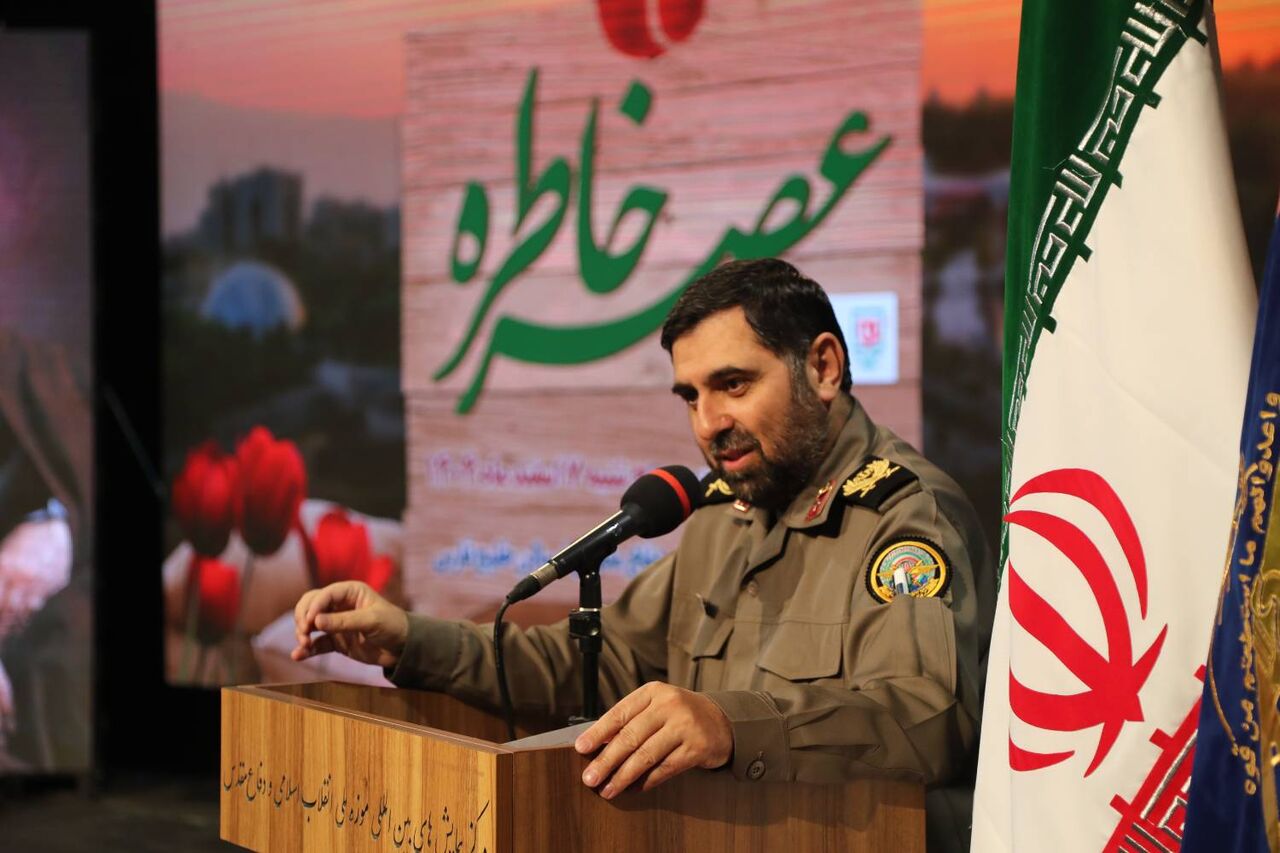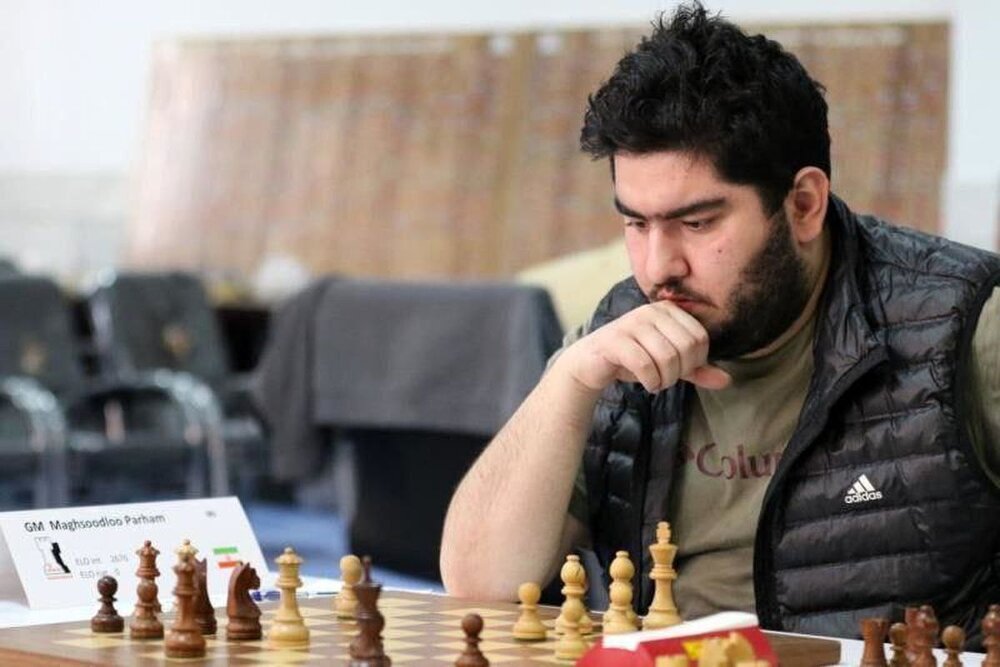Jewish activists warn UK protest crackdown will stoke antisemitism
Jewish activists warn UK protest crackdown will stoke antisemitism

When Zoe Cohen was hauled away by police officers for holding a handwritten sign in support of the now-proscribed direct action group Palestine Action, she could not hold back her tears.
“As they picked me up, all the emotion of the day, and not just the day, but the collective grief and the distress of what’s happening in Gaza, it just came out of me. I was sobbing,” she previously told Middle East Eye.
Now, with UK Home Secretary Shabana Mahmood announcing fresh protest restrictions in the wake of a deadly attack on a synagogue in Manchester on Thursday, Cohen’s grief, and her fears for her safety, have intensified.
“As a Jewish person, I've never felt more scared,” Cohen told MEE.
“But I feel scared because of this endless conflation of criticism of the state of Israel with antisemitism."
The UK government proscribed Palestine Action under anti-terror laws on 4 July, after members broke into RAF Brize Norton and damaged two planes with paint and crowbars, saying they were "used for military operations in Gaza and across the Middle East".
The designation puts the group on a par with al-Qaeda and Islamic State under British law, making it a criminal offence to show support for or invite support for the group, punishable by up to 14 years in prison under the Terrorism Act 2000.
Since then, the campaign group Defend Our Juries (DOJ) has staged a series of protests demanding the proscription be overturned, drawing growing numbers of people willing to risk arrest under the Terrorism Act for holding signs that read: “I oppose genocide. I support Palestine Action.”
'As a Jewish person... I feel scared because of this endless conflation of criticism of the state of Israel with antisemitism'
- Zoe Cohen, Jewish activist
Hours after another protest against the ban on Saturday went ahead, Mahmood announced new powers which would enable police to consider the “cumulative impact” of frequent protests on local areas and require demonstrators to change location of a planned protest.
Ahead of Saturday’s protest, which saw 492 people arrested, UK Prime Minister Keir Starmer warned the mass action would cause “distress” and urged those taking part to "recognise and respect the grief of British Jews" in the aftermath of Thursday’s attack.
London’s Metropolitan Police Commissioner Mark Rowley said that the protests would “likely create further tensions and some might say lack sensitivity”.
But Jewish activists who spoke to MEE said the framing of pro-Palestine marches as generating fear and distress in their communities is not only false, but dangerous.
“As Jewish people, we are being played by the system," said Cohen
“To claim that the crackdown on protest, particularly protest in support of Palestinians, is to protect Jews, is in itself appalling, it’s abusive and it drives antisemitism."
‘I just think its my duty’
Carolyn Gelenter, a descendant of Holocaust survivors who was arrested at a previous Lift the Ban protest in September, described the government’s references to the “Jewish community” as a homogeneous group as being “in and of itself, antisemitic”.
“The synagogue-going community is a very small percentage of Jewish people in this country,” she told MEE.
“The Jewish Board of Deputies represents less than half of those synagogues."
She added that the government’s request to delay the protest against its move to proscribe Palestine Action constitutes “an infringement of our democratic rights”.
'If there is an increase in antisemitism… it's do with Israel’s behaviour in the name of Jewish people like myself in Gaza and the West Bank'
- Carolyn Gelenter
“One thing has nothing to do with the other. If there is an increase in antisemitism…it's do with Israel’s behaviour in the name of Jewish people like myself in Gaza and the West Bank, and not to do with what have been peaceful, dignified demonstrations taking place to lift the ban on Palestine Action,” Gelenter said.
Phil Rosenberg, the president of the Board of Deputies of British Jews, applauded the new measures, describing them as a “necessary start”, saying that they had been calling for the restrictions for “many months”, but adding that “the government now needs to go further”.
At the Conservative Party conference on Monday, leader Kemi Badenoch branded the weekly national marches in solidarity with Palestine as “carnivals of hatred directed at the Jewish homeland”.
A report by the police watchdog Netpol found that, of the 305 people arrested during Palestine solidarity protests between October 2023 and March 2024, 45 were for racially aggravated offences. However, it noted that only 11 people were immediately charged, and almost half were released without charge.
Gelenter, who lost multiple family members during the Holocaust in Nazi concentration camps in Poland, has marched at multiple protests in solidarity with Palestine since the launch of Israel’s genocide in Gaza as part of the group Holocaust Survivors and Descendants against the Gaza Genocide.
“I really don’t know what happened to my family,” Gelenter said. There are no records of her grandmother’s death, but Gelenter knows that she lived not far from the Polish city of Lublin, where the Nazis established the Majdanek concentration camp.
“Undoubtedly, she would have been murdered,” Gelenter said.
Gelenter said she and other Jewish people who marched under the banner had been welcomed at pro-Palestine marches.
“I have had grown men, sometimes Muslim men come up to me weeping, thanking me for standing up as a Jew. And that just kills me, because I just think it's my duty."
‘A conjuring trick’
Met Commissioner Rowley warned ahead of Saturday’s protest that it was “drawing valuable resources away from the communities of London at a time when they are needed most”.
Paula Dodds, chair of the Metropolitan Police Federation, warned that officers were “physically exhausted”.
“Our concentration should be on keeping people safe at a time when the country is on heightened alert from a terrorist attack. We are emotionally and physically exhausted. What are politicians and senior police officers going to do about it?” she asked.
'The obvious response is, where do you go once you’ve made holding up a cardboard sign an act of terrorism?'
- Tim Crosland, former government lawyer
“There’s a sort of irony here isn’t there?” former government lawyer and DOJ activist Tim Crosland told MEE.
“The argument is, you’re distracting us from dealing with real terrorism. Well, why is that? Because you’ve labelled something that is not terrorism as terrorism, that’s the problem. It’s a crazy law.”
Crosland also emphasised that the police had a choice whether or not to make arrests on Saturday - something many police forces in other areas of the country had decided to do.
“It's based on a fiction that police have no option but to arrest and therefore, simply by doing this, we take police resources away, and we know that that's what we're doing. That isn't true.
“If resources are being taken away, it’s their choice,” he added.
Crosland also noted that the new measures were meaningless in light of the government’s unprecedented ban on a protest group. The growing numbers of people gathering to defy it by holding hand-written signs are aware they are risking hefty prison sentences for doing so.
“The obvious response is, where do you go once you’ve made holding up a cardboard sign an act of terrorism?” Crosland demanded.
“It's almost like a conjuring trick, creating the impression government is going to do something - but if the organisers are not put off by the prospect of eight years in prison and terrorism charges, they’re not going to be put off by a protest law offence with six months in prison.”
'A slippery slide into fascism'
Crosland, who worked in the UK government alongside intelligence agencies during the Iraq war in the early 2000s, recalled how intelligence statements at the time warned that the bombing of Iraqi civilians would stoke terrorism in the UK.
“I remember at the time, intelligence saying that the images and films being circulated on social media about the intense suffering of Muslim people in Iraq is stoking the tensions that then break out onto the streets of London and Manchester and elsewhere,” Crosland said.
'What is stoking the tension on all sides, is not the protest against the genocide. It's the genocide'
- Tim Crosland, former government lawyer
“In other words, what is stoking the tension on all sides, is not the protest against the genocide. It's the genocide.
“Surely, if that's the thing that is putting Jewish communities at risk, it's not a reason to cancel the protests against that thing,” he added.
Meanwhile, the summer saw burgeoning numbers attending far-right protests targeting hotels housing asylum seekers across the country.
On 13 September, this culminated in the largest far-right protest seen in recent history, when at least 110,000 gathered in central London at a rally helmed by Tommy Robinson.
Speakers like Elon Musk and far-right French politician Eric Zemmour espoused racist conspiracy theories and anti-Muslim hate while addressing crowds wielding union flags, wooden crosses, Israeli and St George flags at the rally.
“I am genuinely scared. But I'm not scared of pro-Palestinian supporters. I'm not scared of Palestinians. I'm not scared of Muslim people. I'm scared of the far right, and I'm scared of the hatred that's being stoked by the establishment,” Cohen said.
Given her family history, the scenes have caused Gelenter, and many like her, particular alarm.
“We are on a very slippery slide into fascism,” Gelenter told MEE. “Particularly for those of us who are Jews whose families were murdered in the Holocaust."
However, Gelenter emphasised, the violence is likely to disproportionately target Muslim communities and people of colour.
“I'd be far more worried about being an identified Muslim than I would be about being a Jew at the moment. And quite frankly, in everyday life, nobody can tell I'm Jewish,” Gelenter added.
Cohen pointed to the relatively muted government response to the arson attack on a mosque in Brighton.
“I don't hear that being called out by our government. I don't hear ministers going to visit those communities,” she said.
“When there is clearly what appears to be such bias, that fuels hatred, doesn't it?”












